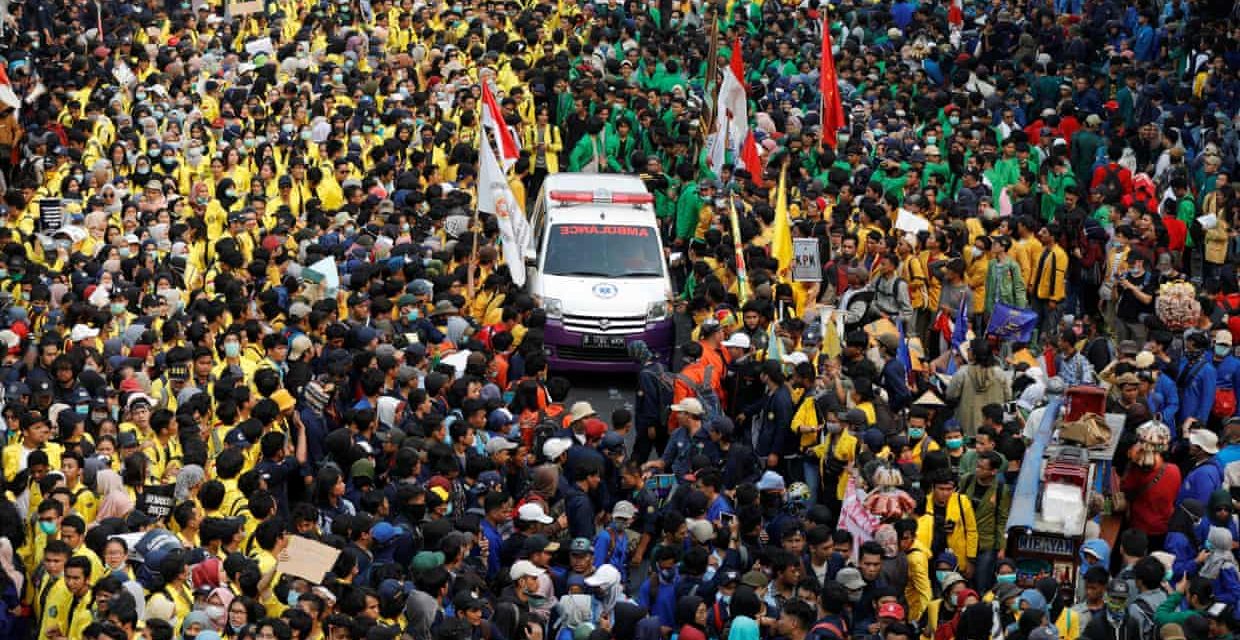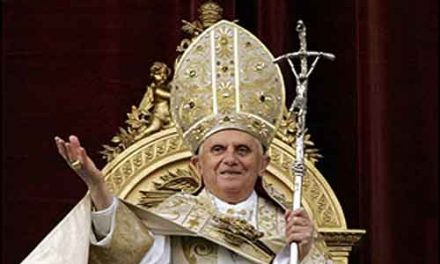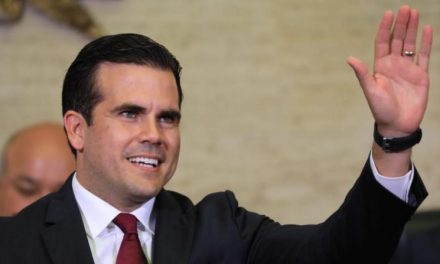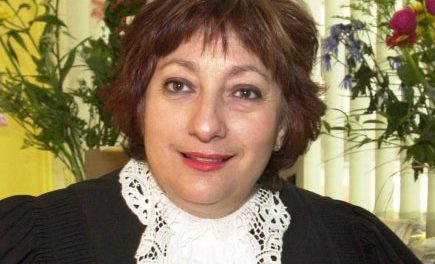26 September 2019
Thousands of University students battled police (in picture) while protesting a law that will weaken the nation’s anti-corruption body. This week’s rallies are some of the largest since demonstrations in 1998 that led to the toppling of the 30-year rule of Indonesia’s former authoritarian President Suharto. Corruption Eradication Commission (KPK) spokesman Febri Diansyah said on Wednesday that there were 26 points in the new law that weaken and even cripple the anti-corruption agency. In Jakarta, over 300 police officers and university students were being treated for injuries after widespread, violent demonstrations.
Recently the parliament passed legislation that would curb the powers of the KPK. This anti-corruption agency had gained public respect for the arrest of hundreds of corrupt government officials.
Delia Ferreira Rubio, Chair of Transparency International, said: “Attempts to weaken the independence and authority of the KPK [Corruption Eradication Commission] have serious potential to undermine its commendable anti-corruption efforts in recent years.”
Why then did the parliament passed this contentious legislation? Parliament is one of the most corrupt institutions in Indonesia. The members of the parliament do not want the interference of the KPK in their activities. They want to recoup through kickbacks and embezzlement their past election expenses and save some money for the next election as well as increase their wealth.
Before the bill was passed it was widely expected that the president Joko Widodo would veto the bill because he is seen as a non-corrupt person. Instead he approved the bill. Presidential Chief of Staff Moeldoko said sometime back that the KPK was stifling investment in the country. This could be one of the reasons for the president to approve the bill. But it is corruption that is stifling foreign investment
Associated Press reported.
Indonesia: Students protesting against the weakening of anti-corruption law.















